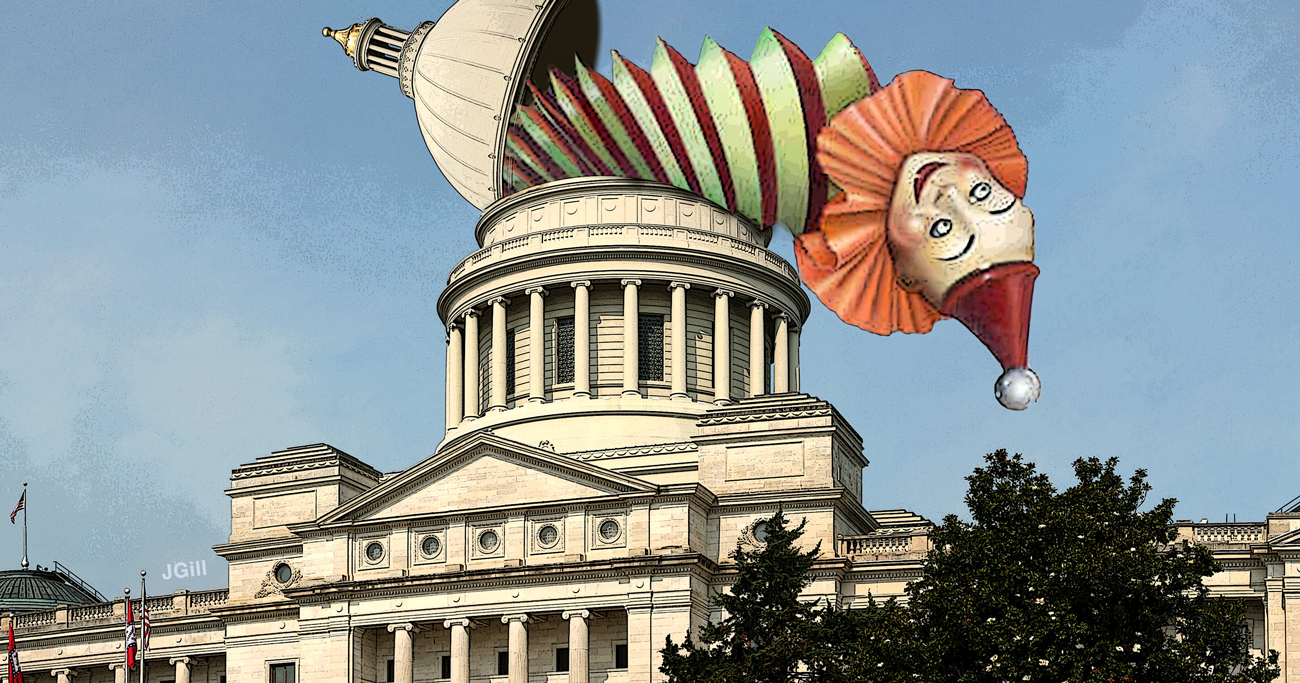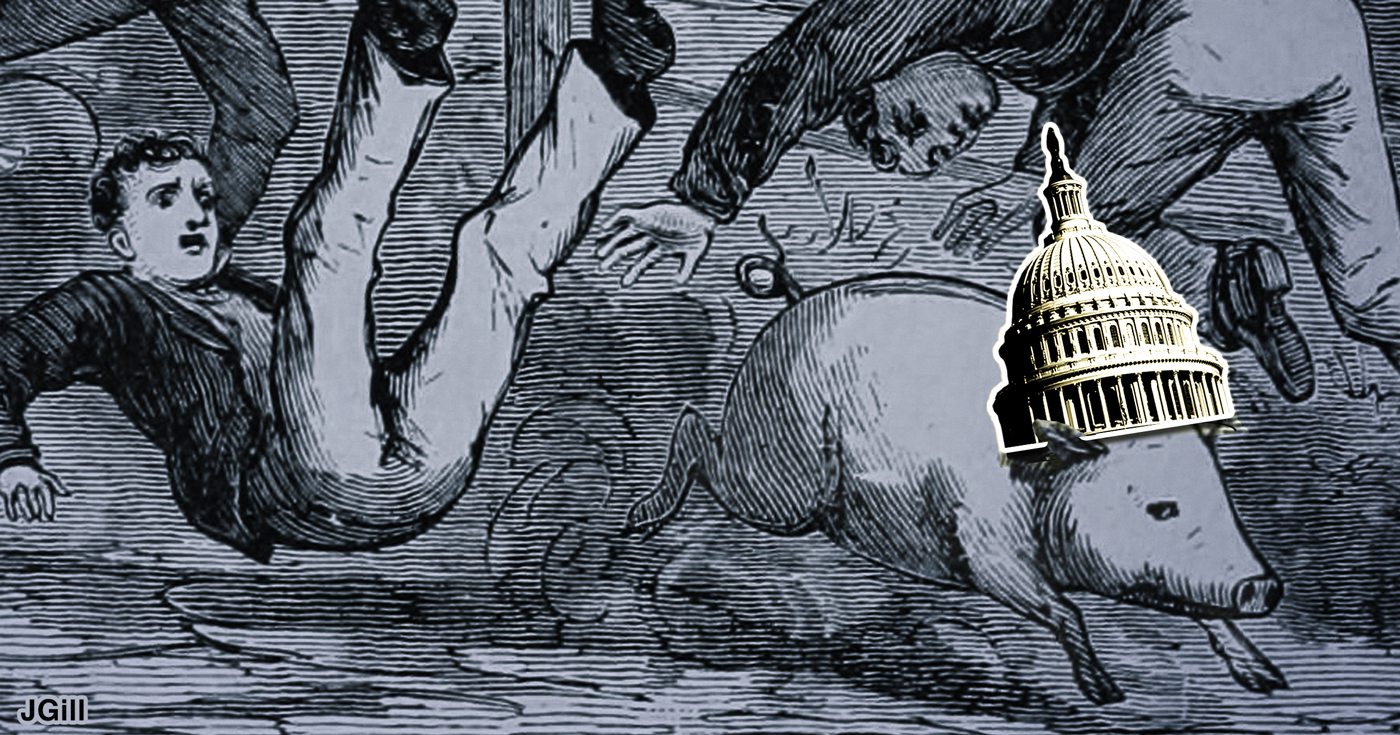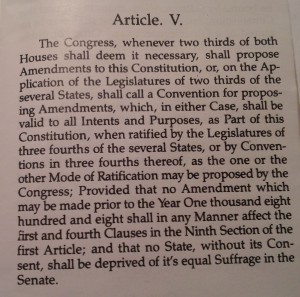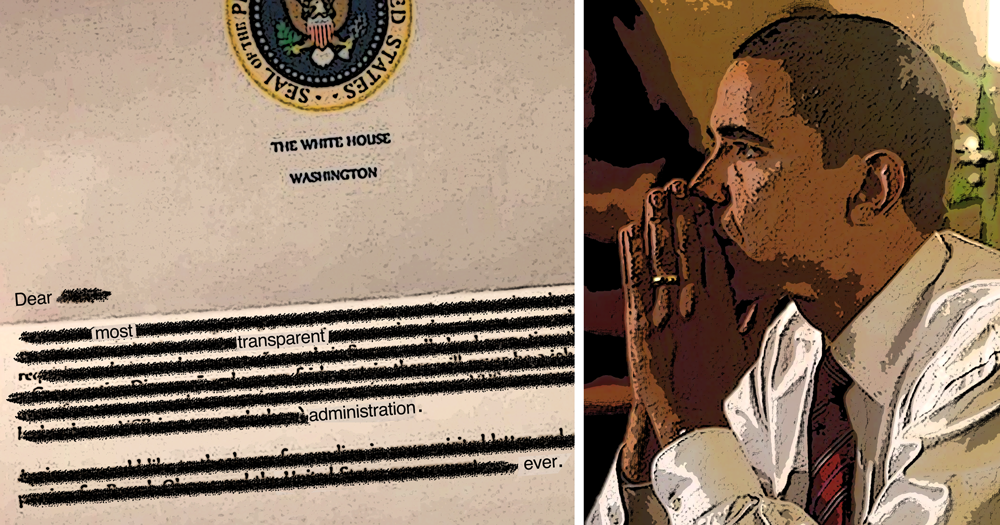Finally, a legislator with the guts to strike directly at the root of the problem: the People.
Well, not all the people. Just the ones who speak out, who show a lack respect for their elected betters.
In recent years, the Arkansas Legislature has heroically tried to control the chaotic and dangerous excesses of freedom and democracy in the Natural State. Legislators have proposed laws clamping down on citizen petitions, requiring employees to friend their employers on Facebook, outlawing photography in public and … well, you get the picture.
Last November, legislators convinced voters to amend the state constitution to weaken term limits and establish an independent commission (appointed by legislators) to raise their pay 148 percent. How? By astutely telling voters that the amendment would “set term limits,” while saying nothing about the pay hike.
Legislators also cleverly curtailed the citizen initiative process, regulating paid petitioners in ways the state constitution prohibits. But they got a pass on that; the eminent state supreme court has ruled in their favor. Then, unwilling to rest on their laurels, legislators introduced a new bill requiring petition campaigns to conduct costly criminal background checks on their paid petitioners.
One opponent called this deeply thoughtful measure “mean-spirited” and “unnecessary.”
Sen. Jon Woods argued the legislation doesn’t go far enough. He filed Senate Bill 0401, which mandates that any person speaking out in any way not in sync with the legislature must shut up.
“Enough pussy-footing around. Let’s end all this free speech hogwash,” Woods said. “We’re the boss!”
For real?
Unfortunately, everything prior to the previous three paragraphs is 100 percent true. Yup, every day is April Fools’ Day at the Arkansas Legislature.
This is Common Sense. I’m Paul Jacob.







